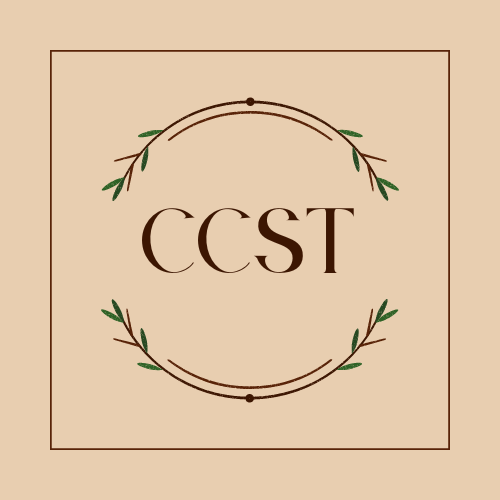Audio Episode Example:
Show Notes Example:
RSS: Feed
TW’s Podcast Production Manager Sarah Tulloch interviews Angie Elita Newell, a trained historian and author of the novel All I See Is Violence. The two discuss how Angie sought to make Native American history more accessible by writing a historical fiction novel as well as the lasting impact of the Battle of the Little Bighorn and how the results of the battle still affect us to this day.
Website Show Notes:
TW’s Podcast Production Manager Sarah Tulloch interviews Angie Elita Newell, a historian and author of the novel All I See Is Violence. The two discuss how Angie sought to make Native American history more accessible by writing a historical fiction novel as well as the lasting impact of the Battle of the Little Bighorn and how the results of the battle still affect us to this day.
Angie Elita Newell belongs to the Łı́ı́dlı̨ı̨ Kų́ę́ First Nation from the Dehcho Region, the place where two rivers meet. A trained historian, she blends a tradition of oral stories with academic history and holds university degrees in English literature, creative writing, and First Nations history with an emphasis on colonialism. Angie is a heavily tattooed global wanderer, mother to daughters, and connoisseur of coffee. She has a profound appreciation for humanity and what we as a people can instill in this awe-inspiring world.
All I See Is Violence weaves love, loss, and hard truths into a story that needs to be told—a journey through violence to bear witness to all that was taken, honoring what all our ancestors lived through, and to heal by acknowledging the shadows in order to find the light.
The U.S. government stole the Black Hills from the Sioux, as it stole land from every tribe across North America. Forcibly relocated, American Indians were enslaved under strict land and resource regulations. Indigenous writer Angie Elita Newell brings a poignant retelling of the catastrophic, true story of the 1876 Battle of the Little Bighorn and the social upheaval that occurred on the Pine Ridge Reservation in 1972 during the height of the American Indian Movement.
Cheyenne warrior Little Wolf fights to maintain her people’s land and heritage as General Custer leads a devastating campaign against American Indians, killing anyone who refuses to relocate to the Red Cloud Agency in South Dakota. A century later, on that same reservation, Little Wolf’s relation Nancy Swiftfox raises four boys with the help of her father-in-law while facing the economic and social ramifications of this violent legacy.
In this episode, Sarah and Angie discuss the process of making Native American history more accessible. Angie wants readers like her two young daughters to be able to learn about their history in an exciting way that nonfiction often does not provide. While researching, Angie found important pieces of history that were not known to the public—including the existence of female warriors.
Angie wrote from three different points of view and using two different timelines. She writes from the point of view of Nancy, a character many years into the future, and how the violence that was enacted on the Native American people still affects native populations to this day regarding domestic violence, racism, and substance abuse. These issues were born from colonialism, and many parts of the community currently are working to heal these generational curses.
She also writes from the point of view of General Custer in order to portray a more well-rounded idea of the battle. According to General Custer’s point of view, this battle was also a tragedy for him because he brought most of his family members with him, all of whom were decimated during the fight. Once he believed he would secure victory, he was killed by a Native American warrior.
Check out Angie’s episode to hear more about Native American history, accessibility, and the way that that history still affects us today.
Episode Information
Website: https://www.angieelitanewell.com/
Purchase All I See Is Violence by Angie Elita Newell on our Bookshop
Angie’s Instagram: @angieelitanewell
Substack Note:
Here I was trained as a historian, I'm trained in colonial history, and I had never really come across that. And so that one statement, I started like weaving through documents, and sure enough, like there it was. Like almost half the warriors in all these battles were women!”
Check out Angie Elita Newell on Crafting Accessible Native American History Fiction on the Talking Writing Podcast.


